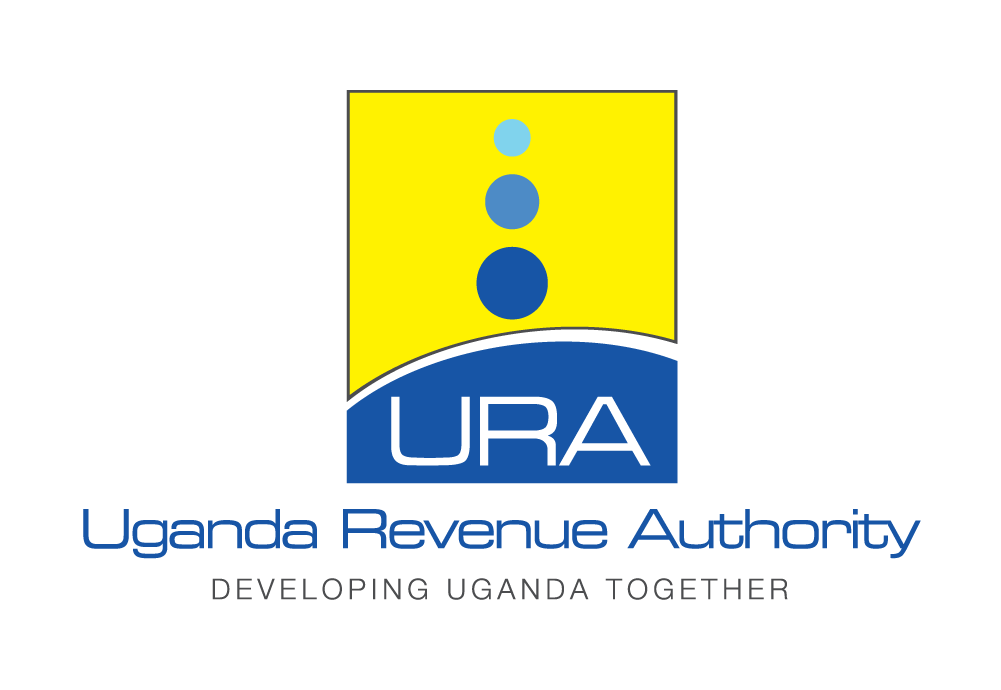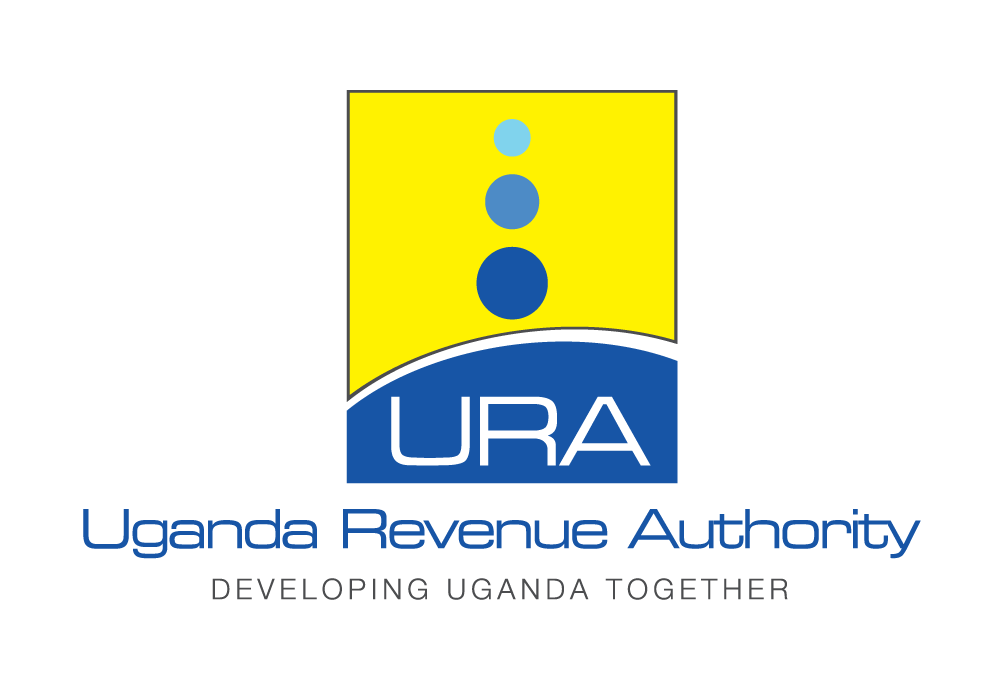- Home
- Poultry farming
Poultry farming
Poultry farming is the raising of domestic birds such as chickens, turkeys, ducks, and geese, for subsistence or commercial purpose.
The key players in poultry farming include;
- Poultry farmers
- Poultry breeders and hatcheries; who keep parent stock birds for production of day-old chicks
- Poultry feed processors
- Poultry drug sellers such as veterinary shops.
- Poultry product traders.
- In case you need to register a name for your poultry business, you can visit Uganda Registration Services Bureau (URSB).
- You will be issued with a Certificate of incorporation if you register a company or a certificate of registration if you register a business name.
- Players in the sector that plan to open physical offices, should secure a trading license from KCCA / Municipal council
- Uganda Revenue Authority for taxes (Acquisition of a TIN)
Please note: Upon registration, the farmer is required to comply with the requirements of the Department of Animal Husbandry in the Ministry of Agriculture, animal industry and fisheries.
For individual
- National ID
- Certificate of registration
For non-individual
- Company Form 20
- Certificate of incorporation
Click here for details on requirements for registration of your livestock business
- You’re required to visit the URA portal on ura.go.ug
- Click here to register as an individual
- Click here to register as a non-individual
As a taxpayer you are entitled to your rights. Equally there are obligations you must fulfill.
Click here for your rights as a taxpayer.
Click here for your obligations as a taxpayer.
Corporation tax
The income tax rate for a company is 30% of the entity’s chargeable income (gross income less allowable deductions).
Click here for information on Corporation tax computation
Individual Income Tax
The income tax rate for individuals depends on the income bracket in which the individual falls.
Click here for information on individual income tax rates
Please note: Pay As You Earn (PAYE) will apply to a sector player who has employees (administrative or causal laborers) that earn an aggregate in excess of 235,000 per month. This form of tax is withheld every month.
WHT and VAT will only be applicable to a sector player who decides to process agricultural products and food stuffs (Value Addition) with the exception of wheat grains.
Withholding tax (WHT) is income tax that is withheld at source by one person (withholding tax agent) upon making payment to another person (payee). If a poultry farmer supplies goods above 1 million, the person to whom those goods are supplied charges withholding tax at a rate of 6%. The farmer receives a Tax Credit Certificate that helps in offsetting tax liability in the final income tax return.
Value Added Tax (VAT) is a consumption tax charged at a rate of 18% on all supplies made by taxable persons. The threshold for VAT registration is an annual turnover of over 150 million, or 37.5 million in the first 3 consecutive months.
These returns are filed like any other Income tax returns
Click here for information on how to file your returns.
After filing a return, you’re required to pay the resultant tax using any of the available payment platforms e.g. banks, mobile money, EFT, RTGS, VISA, Mastercard, USSD code (*285#) etc.
Please note: the due date for payment of tax is the same as that of return filing.
Yes. There are incentives available for poultry farmers, they include:
Tax incentives under Domestic Taxes
|
Description |
Tax incentive |
|
NIL stamp duty on agricultural insurance policies |
Beneficiary: Agricultural insurance |
|
VAT Exemption on agricultural supplies: animal feeds and premixes, crop extension services, irrigation works and sprinklers, supply of agriculture insurance, etc. |
Taxpayers in agricultural sector. |
|
WHT exemption on agricultural supplies |
All agricultural supplies |
|
Recognition of losses |
If for any year of income, the total business income earned by a taxpayer is less than the total expenses relating to the generation of the business income, the excess (loss) shall be carried forward and allowed as a loss in the following year. Note that it must be declared and proved by URA in the current year of income as a loss. |
|
|
Veterinary Chemicals (Acaricides) |
· VAT Exempted when imported by dealers under the VAT Act. · Exempted from all taxes when imported by persons engaged in agriculture under the 5th Schedule of the East African Community Customs Management Act, 2004. |
|
|
Imported inputs by persons engaged in horticulture, agriculture or floriculture and aquaculture sector e.g. hatching eggs, day old chicks, semen, fish eggs, Fry / fingerling (young fish), seeds, green houses/ materials used in construction of green houses, flower cuttings, incubators, hatcheries etc. |
|
|
|
Poultry parent stock imported by persons engaged in poultry farming. A broiler and layer breeder farms raise parent stock which produce fertilized eggs. A broiler/layer hatching egg is never sold in shops and is not meant for human consumption but for hatching into day old chicks. |
• VAT Exempted when imported by dealers under the VAT Act.
• Exempted from all taxes when imported by persons engaged in agriculture under the 5th Schedule of the East African Community Customs Management Act, 2004. |
For more information, visit the nearest URA office or call the toll-free lines 0800117000/0800217000 or WhatsApp: 077214000






